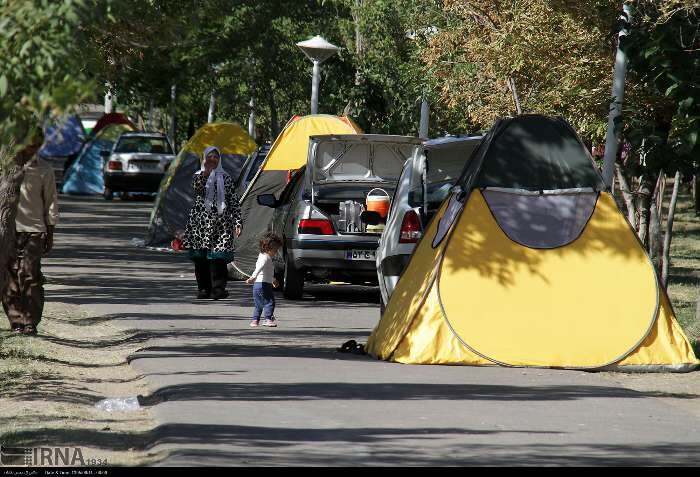Research center identifies accessibility challenges for middle and lower classes

TEHRAN - The Research Center of the Iranian Parliament has reported that a significant portion of the middle and lower classes of society, as well as the disabled and elderly, have been deprived of the benefits of tourism due to the lack of infrastructure and supportive policies.
The center's studies also indicate that policymaking in the field of domestic tourism development has been unsuccessful in recent decades, and tourism is not a quality and accessible product for the general public, ISNA reported.
Even increasing the number of domestic trips through strengthening the pattern of unplanned tourism, reliance on private cars, and based on staying at the homes of relatives and friends has not provided the expected functions of domestic tourism for Iranian households.
The Parliament Research Center, by examining the status of quantitative and qualitative indicators of domestic tourism, has concluded that there is a serious issue in the possibility of benefiting from the advantages of tourism among the middle and lower classes and disabled and elderly individuals in society.
It explained that between 2001 and 2021, in terms of quantity (except during the limited days of the coronavirus pandemic), domestic tourism in Iran has been on the rise. “However, statistics show a shrinking share of travel and recreation from the expenditure basket of Iranian families.”
According to the research center, the quantity of trips has been affected by factors such as repeated trips by affluent households or an increase in mandatory trips, and this has not led to qualitative development in this area.
One notable issue is the uneven spatial and temporal distribution of domestic trips across the country, with more than 50% of trips occurring in less than 20% of the country's provinces, mainly during the Nowruz holidays and a few crowded holiday periods. Moreover, most of these trips are made by private cars (77%) and based on staying at the homes of relatives and acquaintances (76%).
Moreover, the research center revealed that domestic tourism in Iran has faced the decision of households to economize on initial travel expenses, and economic issues have also increased the tendency of domestic travelers towards unplanned and car-dependent trips, and there is a significant gap between the number of households that have traveled and those that have not in the statistics related to households without private cars.
“In fact, private cars play a significant role in the distribution of travel in Iranian households, and accessibility to a private car is decisive for access to domestic tourism.”
A way to reduce travel expenses and benefit from discounts is to conduct group trips or recommended tours, while the overall tendency towards these types of trips does not show a growing trend according to the Parliament Research Center's investigation.
The Islamic Republic expects to reap a bonanza from its numerous tourist spots such as bazaars, museums, mosques, bridges, bathhouses, madrasas, mausoleums, churches, towers, and mansions, of which 27 are inscribed on the UNESCO World Heritage list.
AM
Leave a Comment